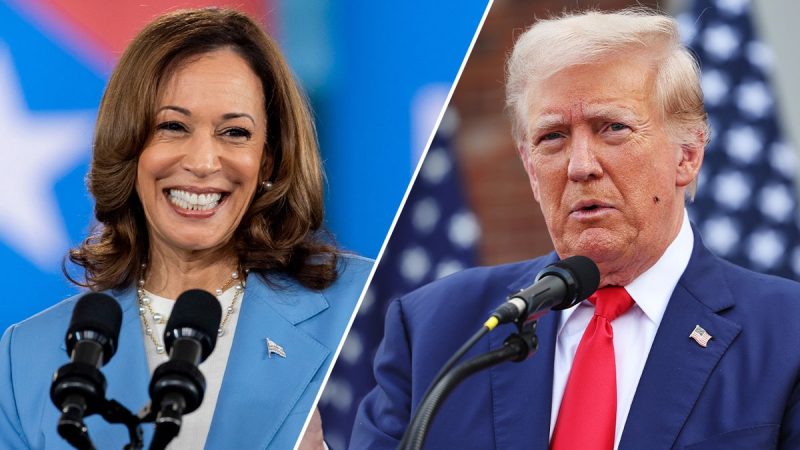In recent days, Vice President Kamala Harris has found herself facing increased scrutiny and criticism for what some are calling a lack of transparency and engagement with the American people. Her perceived avoidance of public appearances and limited availability for media interviews have led many to question her commitment to openness and accountability. Furthermore, criticisms of her economic policies – dubbed by some as Kamalanomics – which reportedly involve increasing taxes, have also sparked controversy and debate.
Harris, who made history as the first female, Black, and Asian-American Vice President, has been a prominent figure in the Biden administration. However, her absence from public events and seemingly low profile have not gone unnoticed by both her supporters and detractors. Critics argue that as one of the highest-ranking officials in the country, she has a responsibility to be more visible and accessible to the public, especially during a time of economic uncertainty and social unrest.
The term Kamalanomics has emerged as a shorthand for Vice President Harris’s economic policies, particularly concerning taxation. Reports suggest that Harris is considering proposals that would increase taxes on high-income individuals and corporations as a means of funding ambitious social and infrastructure programs. While supporters view this approach as necessary for addressing income inequality and funding important initiatives, opponents argue that raising taxes could stifle economic growth and discourage investment.
The debate over Kamalanomics reflects broader disagreements within the political landscape over the role of government in the economy and the distribution of wealth. Harris’s potential tax policies are likely to face fierce opposition from conservatives and some segments of the business community, who advocate for lower taxes and less government intervention in the economy. On the other hand, progressives and liberal supporters may see her proposals as a step towards a fairer and more equitable society.
As Vice President Harris navigates these challenges and criticisms, her ability to communicate with the American people and garner support for her policy agenda will be crucial. Transparency, accountability, and engagement are essential qualities for any public official, and Harris must find ways to address concerns about her accessibility and openness. Additionally, she will need to effectively communicate the rationale behind her economic policies and navigate the complex political landscape to build consensus and advance her agenda.
In conclusion, Vice President Kamala Harris’s leadership and policy decisions are under intense scrutiny, particularly regarding her transparency with the public and her economic proposals. As she faces criticism and debates surrounding Kamalanomics and her approach to taxation, Harris must demonstrate her commitment to openness, engage with diverse stakeholders, and effectively communicate her vision for the country. Only through transparency, dialogue, and leadership can Harris address these challenges and strive to build a more prosperous and equitable future for all Americans.

